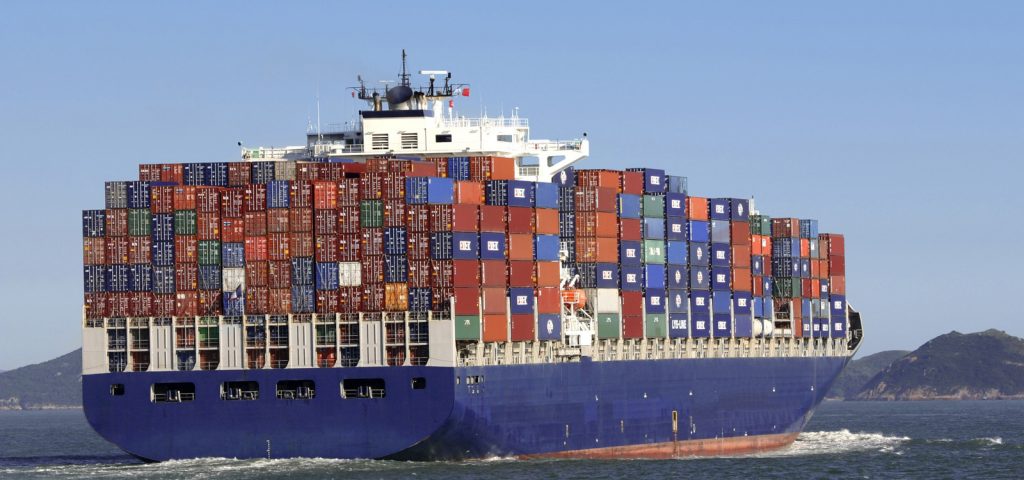Trade is not working out for our country in the widely beneficial way that it can and should. This is happening because the focus of large American companies on stockholder gain as their only goal makes it possible for trade with other countries, China for example, to actually weaken our country’s fundamental ability to create wealth.
[Ralph Gomory | December 12, 2018 | The Hill]
How can this be when it is widely taught and widely believed that trade always benefits the countries that participate in it?
In the old world in which much of trade theory was formulated, productivity was usually a gift of nature. Portugal was good at wine; England was good at wool. But in today’s new world, productivity can be learned, it can be acquired. We see this most clearly in manufacturing, but many services are now becoming deliverable from anywhere as global communication improves.
This new world is described in the book economist Will Baumol and I wrote, Global Trade and Conflicting National Interests (MIT Press, 2000) and in our New America Foundation lecture Ricardo Revisited. Both show that major new opportunities for national rivalries and conflict now exist, although there can also be some mutual benefit, especially between developed and undeveloped countries.
In this new world, governments are often deeply involved in trade issues. National governments want their companies to succeed in the industries they see as important to their national interest. This opens the door to all kinds of tariffs and subsidies.
An excellent example of conflict in this new world is our current relationship with China.
China did not get to be the power it is today by allowing natural economic forces to decide industry outcomes. The reality is quite different. The Chinese government chooses an industry it wishes to dominate and then puts in place the subsidies, special tax rates, and technology transfer agreements needed to eventually obtain the desired dominance in that industry.
Our American corporations, in their search for shareholder profit, can easily be motivated to move their production and technology to China. Sometimes lower wages can attract them, but even in the high technology areas where knowledge and production skill are what matter most, profit can be assure to them by tax exemptions, subsidized plant construction and unrealistic exchange rates. This is not hard to do as normal profit is small compared to the wages and revenue being moved offshore.
One result of offshoring production is an increase in profit for the shareholders and top management of these companies. Another is a negative effect on our country through job loss, loss of productive capability, and reduced industrial vitality and innovation.
The material in our book, in the Ricardo Revisited lecture, and in my 2007 Congressional testimony all show the same thing in different ways. They show that transferring capabilities to a country as developed as China is today may temporarily provide some cheaper imported goods but has an ongoing negative impact on our country by weakening our productive capacity.
However, none of these issues are considered by our companies. Neither is the issue of unbalanced trade. Today our trade with China is strongly unbalanced. We are purchasing our imports, which are often goods we once made here, with promises to pay later.
Our debt to China is over $2 trillion and increasing at a rate of $500 billion a year. China has more than $2 trillion available to spend in the U.S. as they choose. They have the money to buy promising companies and to influence our country in many ways.
If China’s President Xi is serious about ending conflict with the United States, he should end the actions his country is taking that destroy our industrial capabilities. If President Trump is serious about rebuilding our capabilities he should act to keep our companies from offshoring to China and incent them to consider the welfare of our country.
Tariffs on goods from China are being considered and they should be.
If we want our companies to produce here we should also consider a tax credit for companies that produce high value added here in the United States. These and many more possibilities are spelled out with historical perspective in The American Corporation.
Proposals to advantage production in the U.S. generally assume that corporations will continue to act as they do today. A different approach is to try to change the orientation of our companies, an orientation which is the root cause of so many problems.
Sen. Elizabeth Warren’s (D-Mass.) recent Accountable Capitalism bill does just that. While aimed primarily at inequality, Warren’s proposal to have broad representation on the boards of large corporations is also relevant to the trade issue.
These are just a few of the many changes that we should consider if we want to do better than we are doing now.
The problems we have today with trade are the natural result of a flawed system, a system that considers the welfare of our companies but not of our country. Change from the status quo is always difficult and requires political will.
But it can be done.
Ralph Gomory is well-known for his mathematical research and his technical leadership. He has been awarded the National Medal of Science. For 20 years he was responsible for IBM’s Research Division, and then for 18 years was the president of the Alfred P. Sloan Foundation. He is currently a research professor at New York University.













